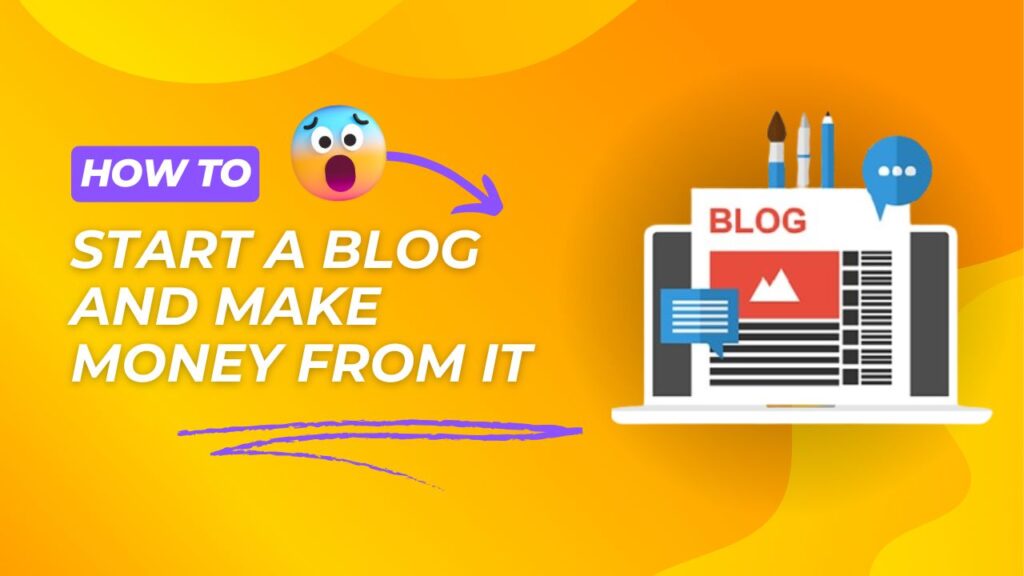Writing Engaging Content that ranks on Google and keeps readers engaged is a balancing act. You need to satisfy search engine algorithms while delivering real value to your audience.
Many writers struggle with:
- SEO optimization (keyword placement, backlinks, technical SEO)
- Readability (clear structure, engaging tone, scannable content)
- User intent (answering questions, solving problems, keeping readers hooked)
In this guide, you’ll learn a step-by-step process to create content that ranks well and keeps readers coming back.
Step-by-Step Guide to Writing SEO-Optimized & Engaging Content
Step 1: Find the Right Topic & Keyword
Before writing, you need a topic that people are searching for.
How to Choose a Winning Topic:
- Use Keyword Research Tools (Google Keyword Planner, Ahrefs, SEMrush, Ubersuggest)
- Check Search Volume & Competition (Aim for medium-competition keywords)
- Analyze Competitor Articles (See what’s ranking and how you can improve it)
🔹 Example: If you’re writing about “healthy smoothie recipes,” look for long-tail keywords like “easy healthy smoothie recipes for weight loss.”
Step 2: Understand Search Intent
Google ranks content based on user intent—what people actually want when they search.
Types of Search Intent:
- Informational (e.g., “how to bake a cake”)
- Navigational (e.g., “Facebook login”)
- Commercial (e.g., “best laptops 2024”)
- Transactional (e.g., “buy iPhone 15 online”)
🔹 Match your content to the intent. If someone searches “best running shoes,” they likely want a comparison, not a history of running shoes.
Step 3: Craft a Captivating Headline
Your headline determines whether people click.
Tips for a High-CTR Title:
✅ Use numbers (e.g., “10 Proven Ways to…”)
✅ Include power words (e.g., “Ultimate,” “Essential,” “Proven”)
✅ Add keywords naturally (e.g., “How to Lose Weight Fast Without Dieting”)
🔹 Bad Title: “Ways to Improve Writing”
🔹 Good Title: “7 Scientifically Proven Ways to Write Better Content”
Step 4: Write a Strong Introduction
The first 100 words decide if readers stay or leave.
How to Hook Readers:
- Start with a question (“Want more traffic to your blog?”)
- Share a surprising fact (“90% of content gets no traffic from Google.”)
- Tell a short story (“When I first started blogging, I made every SEO mistake possible…”)
🔹 Example Intro:
“Did you know that 70% of bloggers see little to no traffic from Google? The reason? Their content isn’t optimized for both SEO and readers. In this guide, you’ll learn how to fix that.”
Step 5: Structure Your Engaging Content for Readability
People skim—make it easy for them.
Formatting Tips:
✔ Short paragraphs (2-3 sentences max)
✔ Subheadings (H2, H3) to break sections
✔ Bullet points & numbered lists
✔ Bold & italics for emphasis
✔ Images & videos to break text
Step 6: Optimize for SEO (Without Stuffing Keywords)
Google rewards natural, helpful content.
On-Page SEO Checklist:
- Keyword in title, first 100 words, and H2
- Internal links (link to related posts)
- External links (authoritative sources)
- Meta description (clear, under 160 chars)
- Image alt text (describe images for SEO)
🔹 Example Meta Description:
“Learn how to write SEO-friendly content that ranks on Google and keeps readers engaged. Step-by-step guide with proven tips.”
Step 7: Make It Engaging Content & Actionable
Readers stay if they find value.
Ways to Keep Engagement High:
- Tell stories (personal experiences work)
- Use examples (real-world applications)
- Add CTAs (“Try this tip today!”)
- Ask questions (“Which strategy will you try first?”)
🔹 Example CTA:
“Now that you know how to write SEO-friendly content, pick one tip and apply it to your next blog post!”
Step 8: Edit & Proofread (Avoid Grammar Mistakes)
Even great content fails with typos.
Editing Tips:
✔ Use Grammarly or Hemingway Editor
✔ Read aloud to catch awkward phrasing
✔ Check for repetition & fluff
✔ Ensure mobile-friendly formatting
Step 9: Publish & Promote Your Content
Writing is half the battle—promotion matters.
Ways to Get More Traffic:
- Share on social media (Twitter, LinkedIn, Pinterest)
- Submit to newsletters & communities (Reddit, Quora)
- Repurpose into videos, infographics, or podcasts
- Build backlinks (guest posts, collaborations)
Writing SEO-friendly, engaging content isn’t about tricking Google—it’s about helping readers. Follow these steps, and your content will rank higher and keep readers coming back.
🚀 Ready to write better Engaging Content? Start with one tip today and see the difference!
You’ll Wish You Started This 1-Page Profit System Sooner


